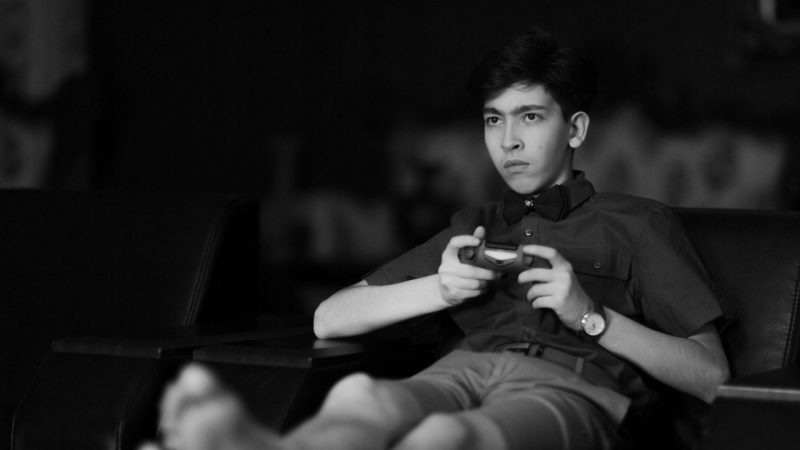5 Mistakes That Can Turn Your Child into a Video Game Junkie

A growing number of parents are concerned about the obsession their kids have with video games. Like many parents, we resisted buying video games for our children for some time. But when a friend offered us their old system, we hesitantly accepted — determined to limit the time our kids played so that it remained a small part of a balanced lifestyle.
Before long, however, we noticed our once-active sons being enticed from normal, healthy childhood activities into a digital universe. Board games remained on the shelf. Outdoor activities waned. Even relationships with friends and family changed, dominated by game chatter or conflicts over why they couldn’t play “just one more level.”
The battle to limit their game time seemed pointless. Before throwing in the towel, however, we decided to check out what research said about video games. Though the American Medical Association doesn’t classify it as a formal disorder, more than 20 per cent of kids in the United States are considered addicted to computer and video games, which produce physiological reactions in the brain similar to those associated with substance abuse.
Research shows that the chemicals triggered by about 30 minutes of play rival an amphetamine high. Eventually, a process called “habituation” takes over — rewiring the brain and creating a physiological dependence similar to cocaine addiction. In fact, the first detox centre for video-game addicts opened in the Netherlands recently.
Avoid Common Mistakes
While most conscientious parents screen games to protect their children from violent and sexual themes, few understand the dynamics causing their sons and daughters to become hooked on “the digital drug.” They may have a bad feeling about the influence of video games but can’t imagine kids living without them in a culture where every child plays. What are parents to do?
To start, educate yourself and your children on the research regarding video-game addiction. Then work to avoid these common mistakes:
Mistake No. 1: Starting young.
The earlier a child begins playing electronic games, the sooner he or she is exposed to the patterns that lead to addiction. Children who become accustomed to junk food lose their appetite for healthy eating. Similarly, kids also acquire a “taste” for certain kinds of recreation. Those who develop patterns of natural play rather than virtual play are more likely to become well-rounded, happy adolescents. Those who are introduced to the dopamine-inducing high of prolonged video-game play often become bored with any other recreation.
Mistake No. 2: Creating easy access.
More and more children over 8 years old now own a video-game system. The risk of video-game addiction increases dramatically when your child owns a system, because then it is much harder to control the amount of time spent playing. As with any other behavioural addiction, easy access to the object of obsession makes it difficult to avoid pitfalls.
Mistake No. 3: Using video games as a reward.
While the benefit of motivating kids to complete school assignments and other tasks may seem like a positive aspect of video-game obsession, the long-term consequences far outweigh any short-term gain. Using video games to motivate kids reinforces the notion that working, reading and learning are necessary evils rather than rewards in themselves. Other motivational rewards — such as an ice-cream date with Dad or an outing with Mom — are more effective and avoid feeding video-game obsession.
Mistake No. 4: Allowing “just one more level.”
When asked to shut off the video-game system, most children rarely obey without first trying to prolong their play. Invariably they respond with a plea for just one more level or more time to defeat the current villain. As a result, many parents end up allowing their child to spend much more time playing video games than they intended.
As one recovering video-game addict said, “If you say you intend to restrict the amount of time a child spends, you better ask yourself whether you can really do it. Kids are very good at pushing for more time.”
Mistake No. 5: Ignoring your gut.
Many parents have a bad feeling about the amount of time their child spends playing and talking about video games. They have a nagging sense that allowing so much video-game time may have long-term consequences. But they second-guess the feeling, writing it off as old-fashioned or too strict. Besides, they would rather avoid the inevitable conflict that comes from restricting or removing the game system.
You know your child better than anyone else; trust your gut and intervene to help your child live a fulfilling life.
© 2017 Kurt and Olivia Bruner. All rights reserved. Used with permission. Published at focusonthefamily.com.
Share: